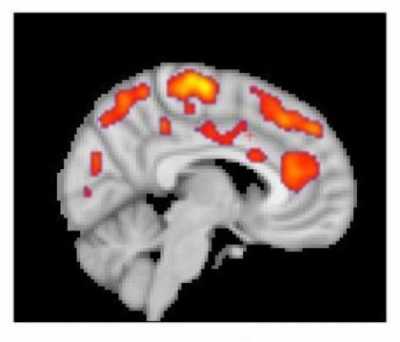Author Interviews, Depression, JAMA, Mental Health Research, NYU, USPSTF / 27.06.2023
USPSTF Issues Screening Guidelines for Anxiety and Depression in Adults
MedicalResearch.com Interview with:
Gbenga Ogedegbe, MD, MPH
Dr. Adolph & Margaret Berger Professor of Population Health
Director, Division of Health & Behavior
Director Center for Healthful Behavior Change
Department of Population Health
NYU Langone Health
NYU School of Medicine
Member of the U.S. Preventive Services Task Force
MedicalResearch.com: What is the background for this study?
Response: Depression and anxiety disorders are common mental health conditions affecting the lives of many adults in the U.S. The Task Force cares deeply about the health of people nationwide, so we reviewed the latest evidence on how best to support the mental health of adults in primary care.
MedicalResearch.com: What are the main findings?
Response: The evidence shows us that all adults should be screened for depression and those under 65 should also be screened for anxiety. These recommendations apply to everyone without signs or symptoms of depression or anxiety. We also strongly encourage anyone who has signs of depression or anxiety to talk with their clinician so that they can get the care they need.
(more…)


























 Response: We started many years ago by studying some natural and synthetic molecules that were able to counteract the early stages of this disease. With a view to early prevention, we wondered if these molecules could be routinely taken with the diet or dietary supplements. So our studies focused on the search for bioactive molecules present in food and edible plants.
Hops are very rich in polyphenolic compounds, and for this reason it is historically used for the production of beer, but also for the preparation of herbal teas and infusions, and its uses in traditional medicine are known. In recent years we have also collected interesting results on Coffee, Sage, Radix Imperatoriae, Cocoa and Cinnamon extracts.
Response: We started many years ago by studying some natural and synthetic molecules that were able to counteract the early stages of this disease. With a view to early prevention, we wondered if these molecules could be routinely taken with the diet or dietary supplements. So our studies focused on the search for bioactive molecules present in food and edible plants.
Hops are very rich in polyphenolic compounds, and for this reason it is historically used for the production of beer, but also for the preparation of herbal teas and infusions, and its uses in traditional medicine are known. In recent years we have also collected interesting results on Coffee, Sage, Radix Imperatoriae, Cocoa and Cinnamon extracts.



